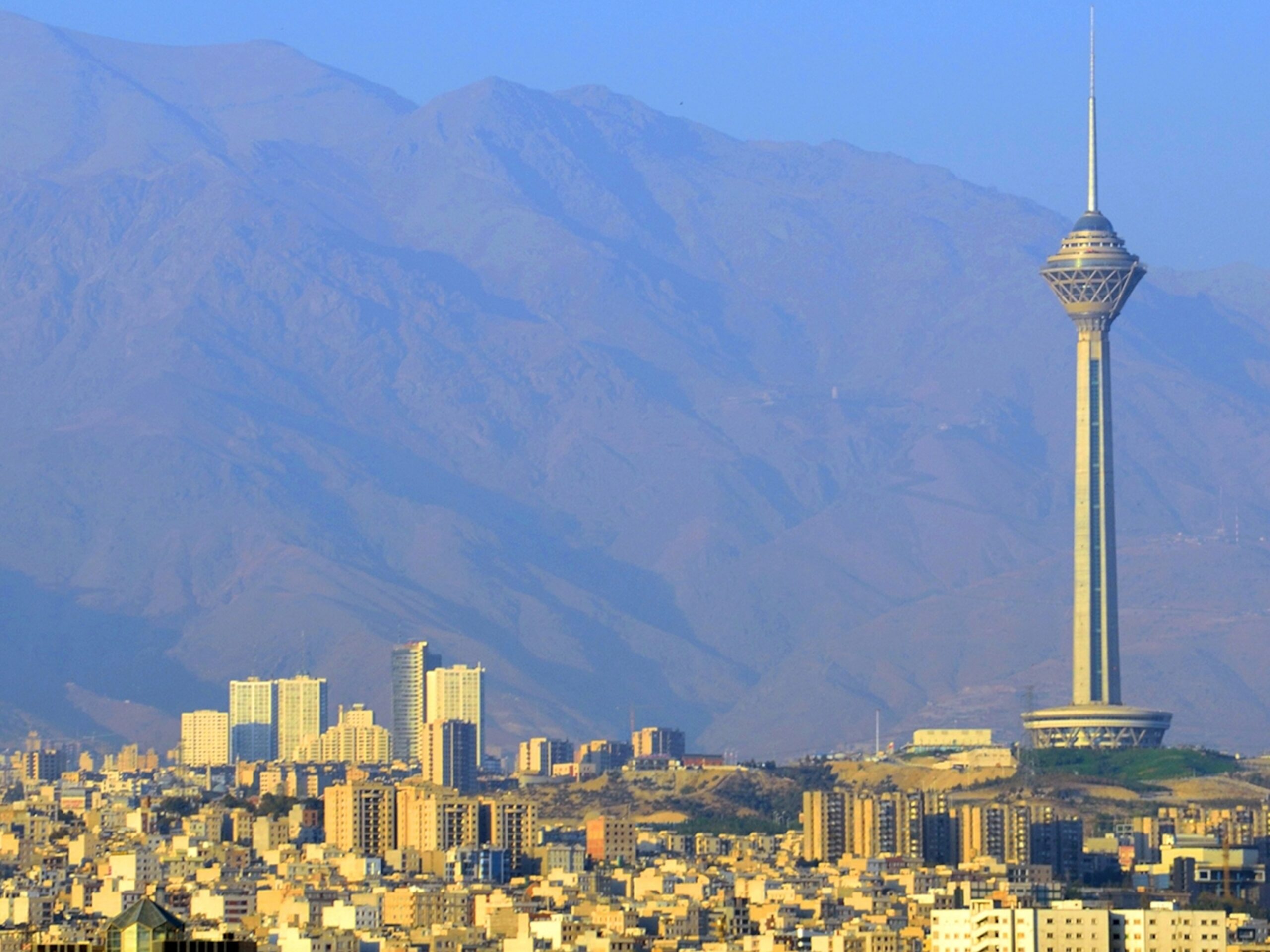The Bahá’í Faith, emerging from the rich tapestry of Iranian history in the 19th century, encapsulates a profound narrative that resonates with the ideals of unity, peace, and justice. However, this ethos stands starkly juxtaposed against the grim reality of the ongoing persecution faced by Bahá’ís in Iran. The term “silent genocide” poignantly characterizes this pervasive campaign, as it reflects a systematic endeavor not merely aimed at the eradication of a religion, but at the obliteration of a community—a denigration of values that celebrates diversity and inclusion.
At the heart of this unfolding tragedy is a historical framework deeply rooted in the socio-political landscape of Iran. Since the inception of the Bahá’í Faith, followers have encountered hostility, marginalization, and brutal reprisals primarily because of their belief in progressive revelation and the fundamental unity of humanity. The governmental narrative, often steeped in a misinterpretation of religious doctrines, seeks to reinforce an image of Bahá’ís as a threat to the Islamic fabric of the nation. This portrayal, however, belies the true essence of Bahá’í teachings, which advocate for harmony among different religious groups and call for a collective pursuit of knowledge.
To comprehend the depth of this tragedy, one must dissect the mechanisms of oppression employed by the Iranian authorities. Contemporary persecution is manifested through a spectrum of insidious tactics—legal disenfranchisement, economic disenabling, and outright violence. Bahá’ís are routinely denied access to higher education, with Bahá’í-run institutions systematically shuttered. This educational deprivation functions as a barbed wire fence around the aspirations of youth, marking them as pariahs within their homeland.
Economically, the situation is no less harrowing. Bahá’ís often find themselves ostracized from the workforce, with government policies contrived to stifle their professional growth. This orchestrated economic strangulation not only engenders widespread poverty within the Bahá’í community but also serves as a chilling deterrent to potential converts, fanning the flames of fear and animosity. It is a modern-day incarnation of the term ‘economic apartheid,’ constructed on the bedrock of sectarian enmity.
The fabric of life for Bahá’ís in Iran is further frayed by an ongoing campaign of extrajudicial killings and detentions. Accounts of torture, inhumane treatment, and wrongful imprisonment underscore the stark reality that dissenting beliefs are met with ferocity rather than dialogue. This campaign resonates deeply as an echo of historical genocides, where the silence of the international community amplifies the cries of the oppressed. The stark absence of decisive intervention renders the Bahá’í community as not merely a victim of localized persecution but as a global indicator of humanity’s commitment to protect the principles of religious freedom and human rights.
The unique appeal of Bahá’í teachings lies in their core tenets: the oneness of mankind, the elimination of prejudice, and the promotion of universal peace. These principles illuminate a path toward redemption for a beleaguered society. Historically, Bahá’ís have exemplified remarkable resilience, seeking to uphold their values even in the face of adversity. Yet, this relentless pursuit of equity is often met with resistance that is perplexing in its tenacity and cruelty. The juxtaposition of their noble aspirations against a backdrop of systematic annihilation creates an ironic dichotomy, highlighting the urgent need for global recognition and advocacy on behalf of the Bahá’í community.
The role of the international community cannot be overstated in this context. As global citizens, it is incumbent upon us to galvanize awareness, advocate for justice, and confront the silence that engulfs these atrocities. Political leaders and activists alike must recognize the power of collective action, forging alliances to pressurize the Iranian regime into adherence to fundamental human rights. The narrative surrounding the Bahá’í community should not be shrouded in invisibility; it ought to be heralded as a clarion call for moral fortitude and global conscience.
Furthermore, engagement in cultural diplomacy emerges as a substantial avenue through which awareness can be raised. By foster dialogue and understanding among diverse faith communities, the goal of peace can facilitate reconciliation. This tripartite effort of education, recognition, and advocacy is essential in dismantling entrenched perceptions that fuel the flames of intolerance and persecution.
In conclusion, the ongoing human rights violations against the Bahá’í community in Iran stand as a stark indictment of a society wrestling with its own identity. The metaphor of silent genocide aptly underscores a tragic reality—an erasure masked in silence, where lives are extinguished without the weight of global outrage. It beckons us to shatter this silence, transforming our collective indignation into meaningful action. The principles espoused by Bahá’u’lláh resonate far beyond the confines of faith; they encapsulate humanity’s quest for dignity, unity, and peace. It is time that we, as global citizens, heed this call, recognizing that the fight for the rights of one is inherently the fight for the rights of all.
